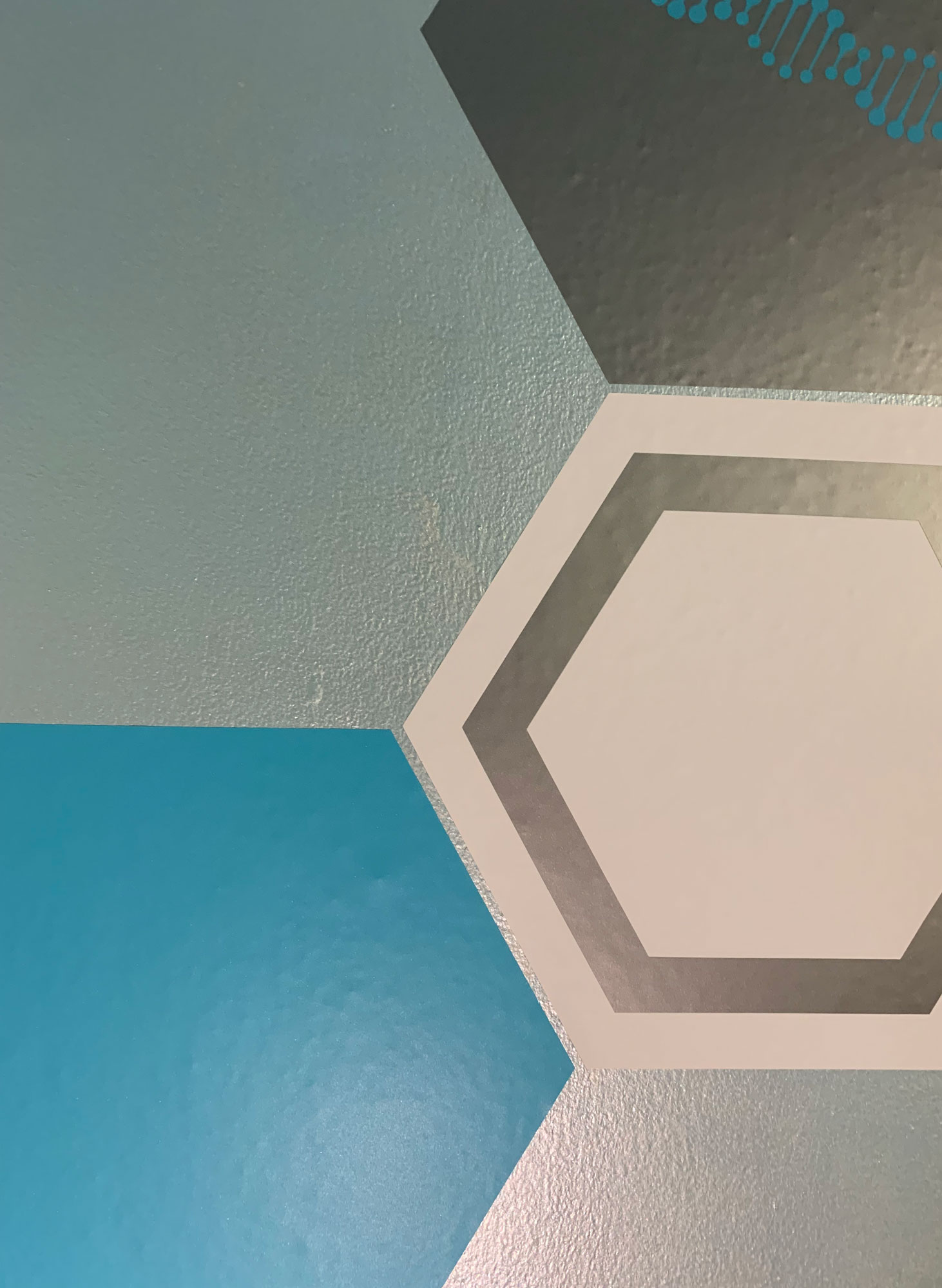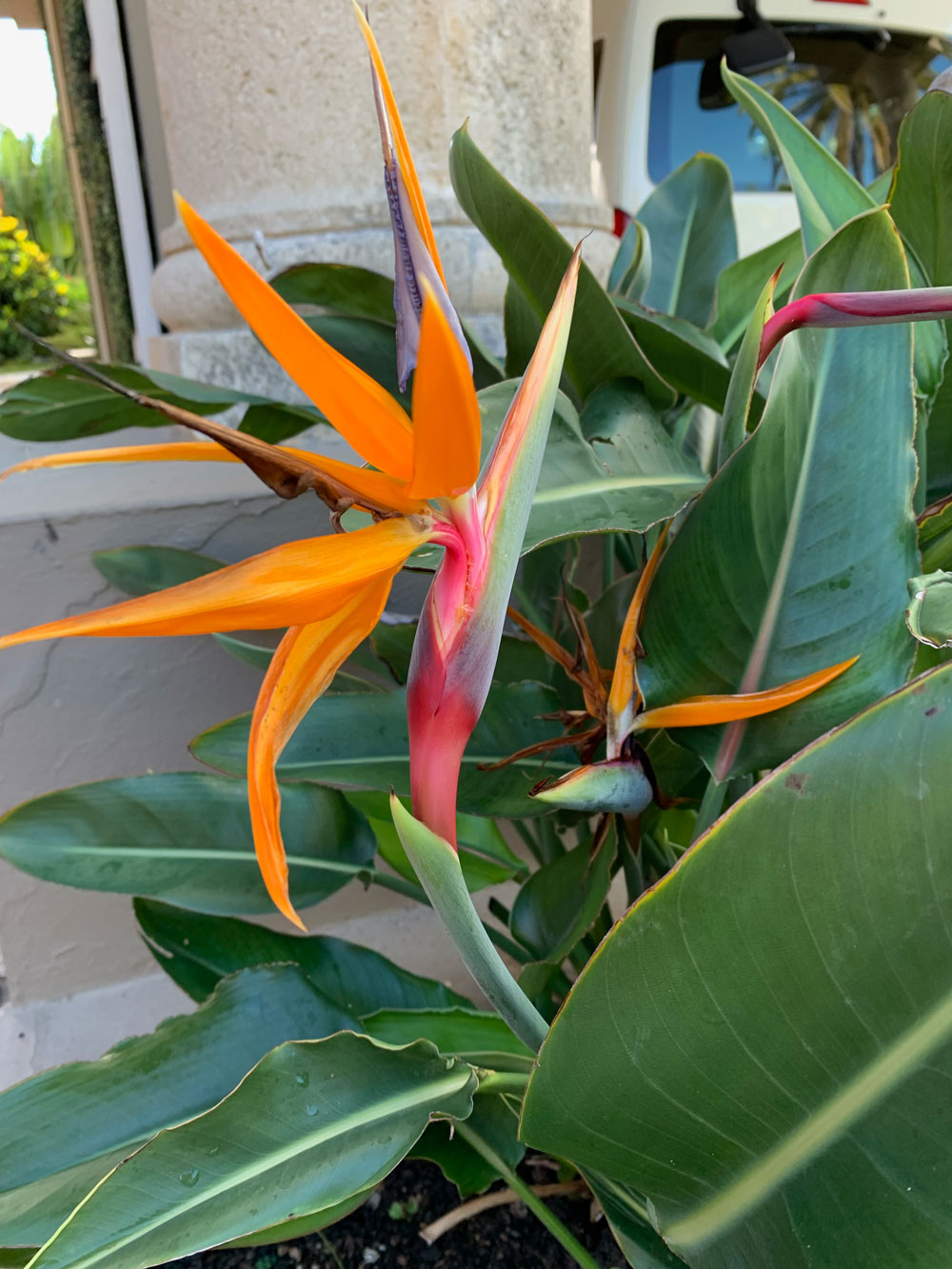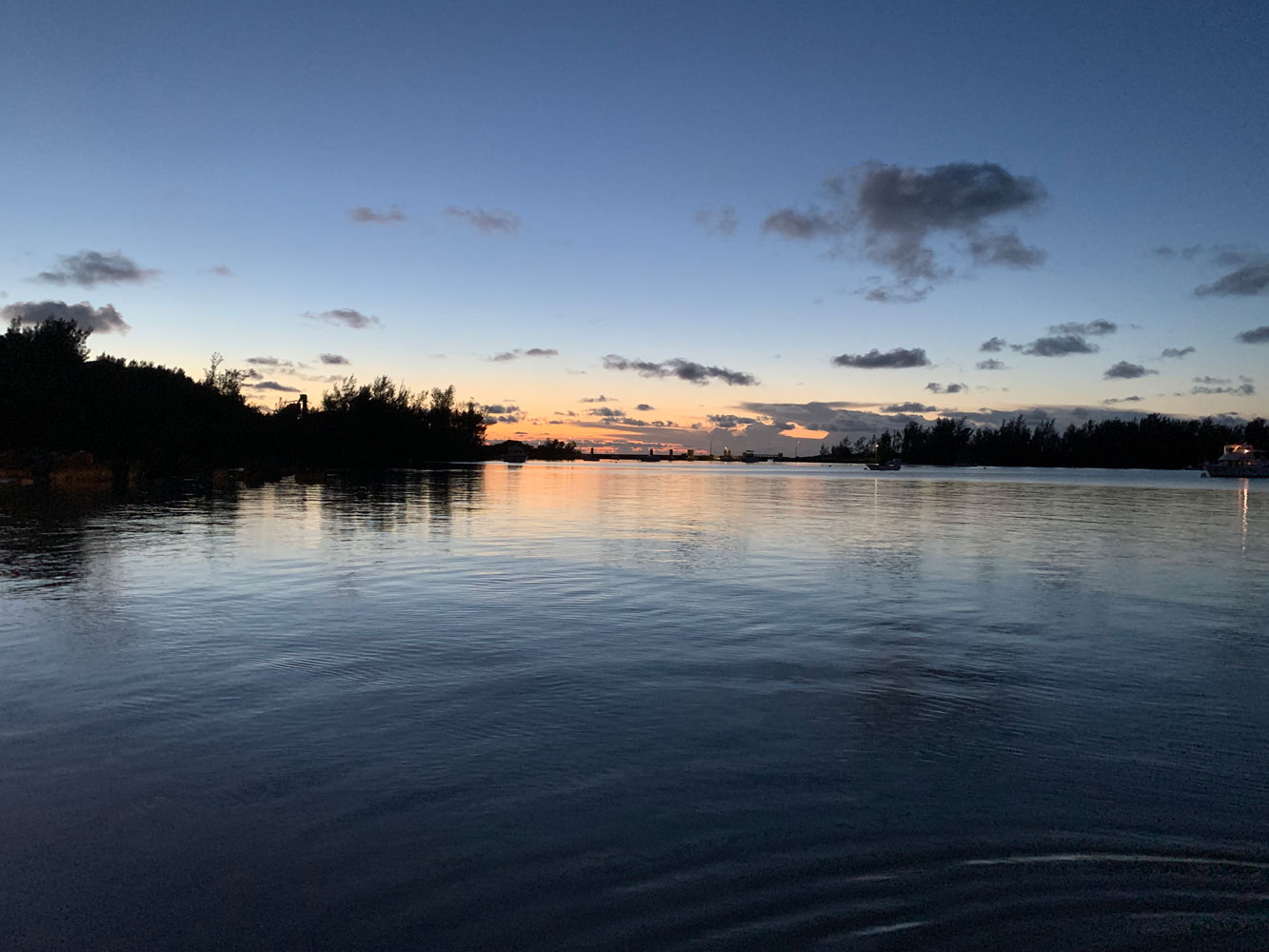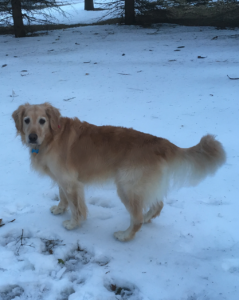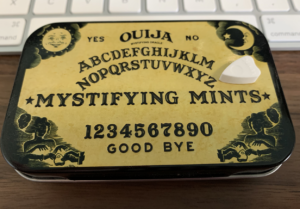Getting To The Point Is Not Always The Point
![]() Writing advice tends to be preoccupied with efficiency. Grammar and syntax tips are all geared toward minimizing the number of words to express an idea, and as you go up to broader levels you find tips about minimizing the number of ideas that you set out to express. The explicit assertion is that briefer is always better.
Writing advice tends to be preoccupied with efficiency. Grammar and syntax tips are all geared toward minimizing the number of words to express an idea, and as you go up to broader levels you find tips about minimizing the number of ideas that you set out to express. The explicit assertion is that briefer is always better.
Are there other art forms where creators are told, “This is great, I just wish there was less of it”?
Communicating efficiently is not a bad goal, but a writer should aspire to more than that. Pull a favorite off the shelf and choose a random excerpt, relive the moment when you read it for the first time. Whatever it was about this text that moved you, it probably wasn’t its avoidance of waste. The prose might well be a fine example of clean, efficient expression, but if it didn’t make you feel something, or show you something new about the universe, you wouldn’t care.
We want a good tale, well told. Well, we say we do. In practice, many a cherished story amounts to a good tale adequately conveyed. We have no use at all for a poor tale, regardless of whether the telling is any good.
Focus on having a good story to tell. Then worry about getting better at telling it.

